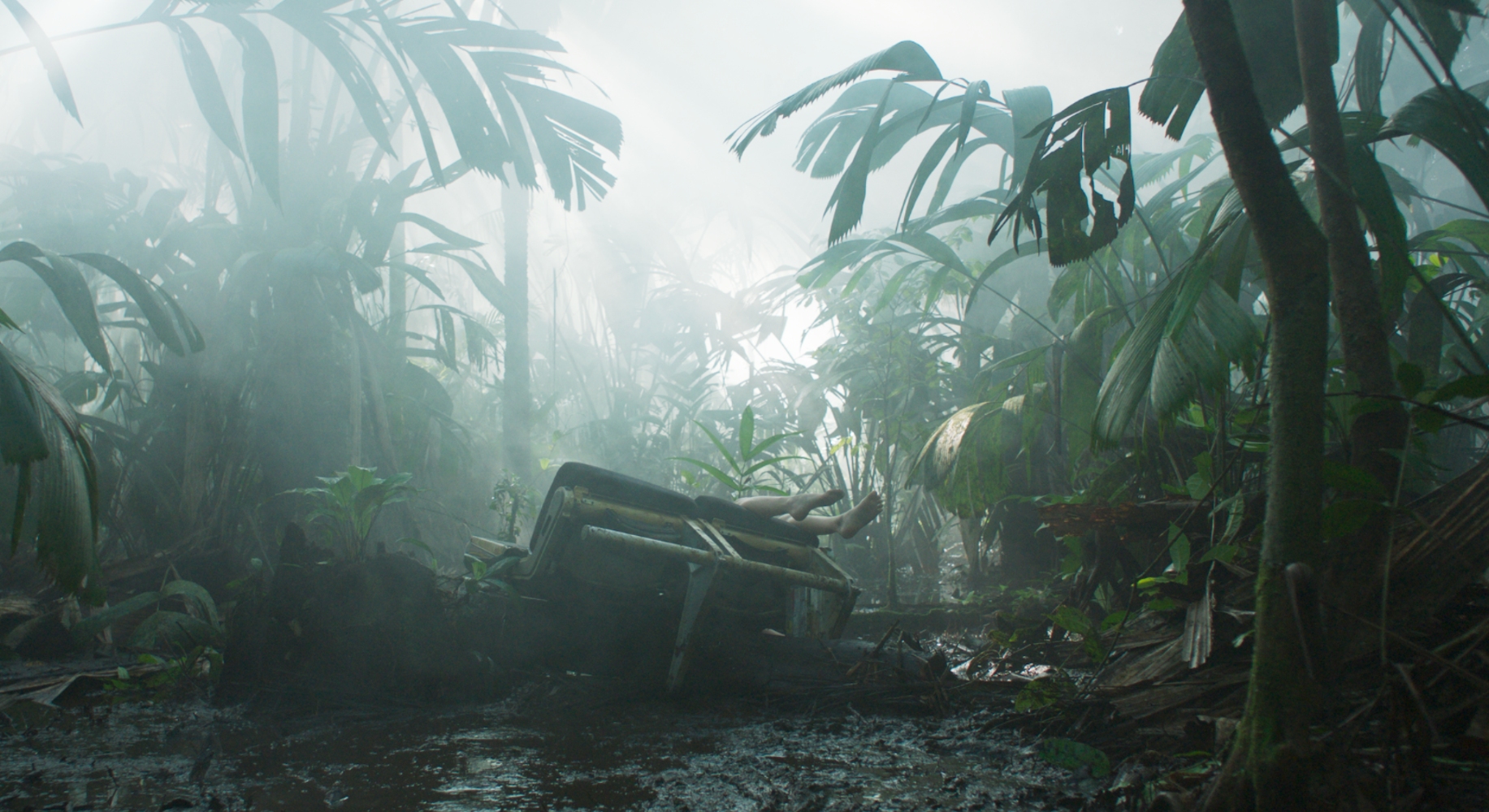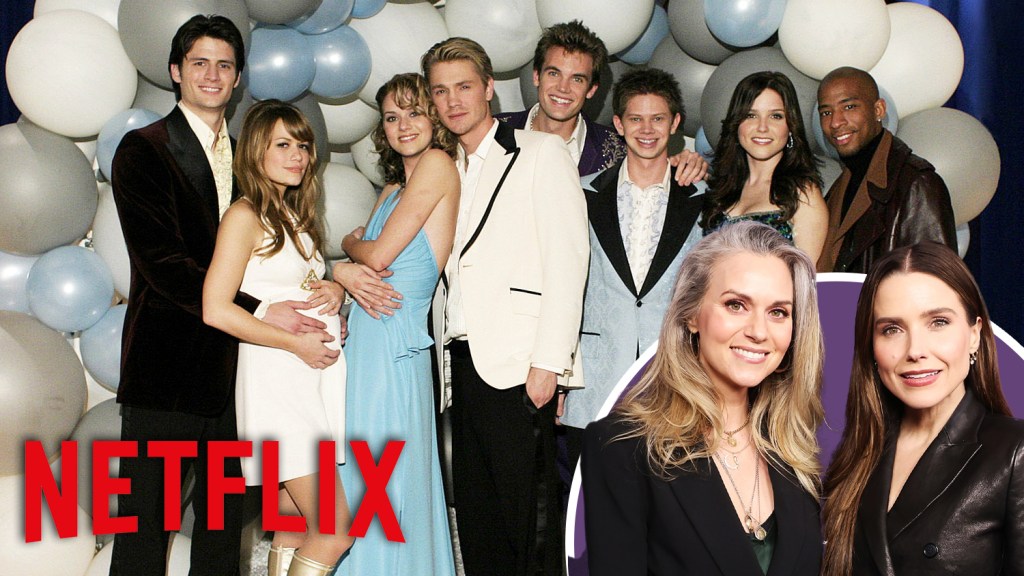The Jungle's Whispers: Transamazonia Explores Faith, Exploitation, and the Amazon

Pia Marais's *Transamazonia
plunges us into the heart of the Amazon rainforest, captivating us with its evocative atmosphere and unsettling examination of faith, exploitation, and the delicate balance between nature and humanity. This fourth feature from the South African filmmaker, whose work transcends national boundaries, is not merely a narrative driven by character development, but a captivating mood piece that invites contemplation on the clash between empiricism and superstition.
The film begins with a dramatic plane crash, leaving young Rebecca (Helena Zengel) as the sole survivor. Her mother, a nurse, is lost, and she is left in the care of her father, Lawrence (Jeremy Xido), a charismatic leader of an evangelical mission attended largely by the indigenous Assurini people. Rebecca's miraculous survival attracts attention and fuels rumours of her possessing healing abilities, a notion that the film neither embraces nor dismisses.
*Transamazonia
masterfully portrays the unique blend of cultures, belief systems, and local communities in Brazil, yet it is undeniably an outsider's perspective, reminiscent of the powerful colonial fictions of Joseph Conrad and the haunting narratives of Claire Denis. The crux of the story unfolds when Alves (Rômulo Braga), a logging magnate, seeks Lawrence and Rebecca's help to awaken his wife from a coma. This echoes the themes of faith and desperation found in Ingmar Bergman's *Winter Light*, as Lawrence eagerly embraces the role of "shaman of the jungle," fueled by a desire for recognition and power.
Rebecca, meanwhile, embarks on a journey of self-discovery, seeking answers about her origins and forging connections with the younger Assurini members, particularly Silas (Hamã Luciano). Alves, responsible for the destruction of their land for his logging business, promises to cease operations if his wife is cured, adding a layer of moral complexity to the narrative.
The film's title holds multiple layers of meaning. It refers to the Transamazonian Highway, a road cutting through the heart of the Amazon, dividing the rainforest into two. However, Marais also evokes the concept of a "zone" Ã la Andrei Tarkovsky's *Stalker*, a space where miracles are sought and metaphysical desires are explored. The film's lush, oppressive green imagery creates a hypnotic atmosphere, enveloping us in this dense, enigmatic reality.
*Transamazonia
shines in its ability to provoke thought and forge associations in the viewer's mind. The film's depiction of the Church, the land, and capital as intertwined forces, creates a powerful commentary on the exploitation of the Amazon and its indigenous populations. While the characters embody these forces, they also remain somewhat symbolic, allowing for a deeper exploration of the complex themes at play.
Zengel delivers a captivating performance as Rebecca, a precocious child struggling to navigate the transition to adulthood. Her journey is both heartbreaking and hopeful, as she grapples with her father's faith and the weight of her perceived divine powers.
*Transamazonia
premiered at the 2024 Locarno International Film Festival, leaving audiences captivated by its immersive atmosphere and thought-provoking examination of faith, exploitation, and the enduring power of the Amazon rainforest.





